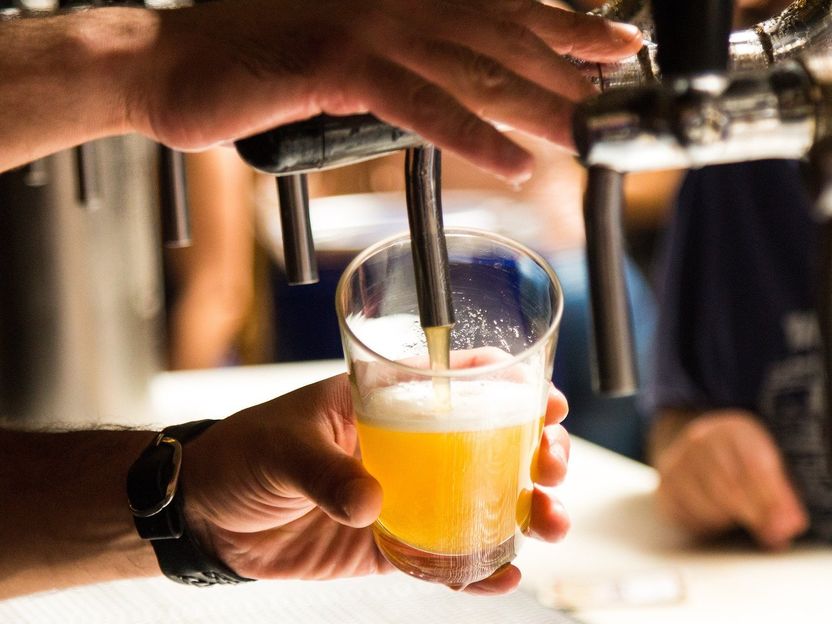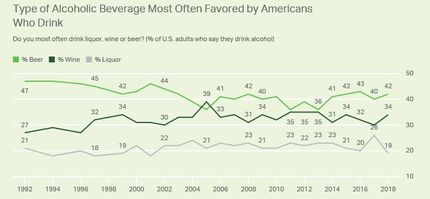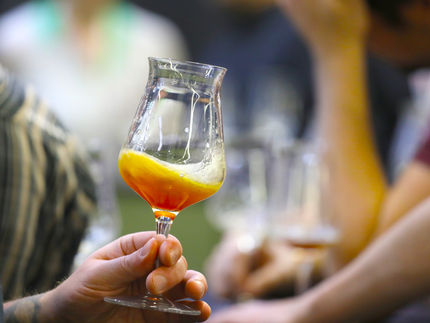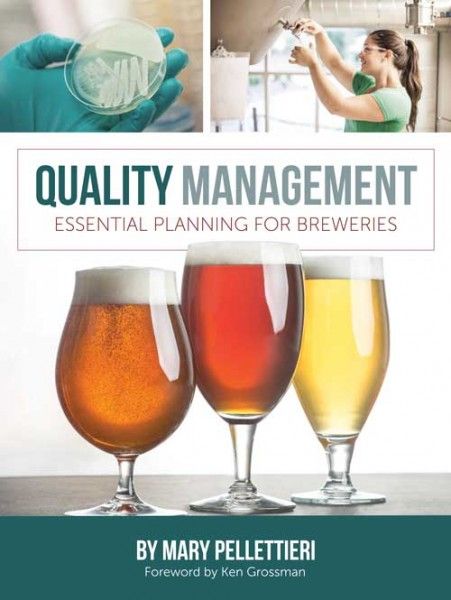India: Over 40% of young beer drinkers are willing to switch to low/no alcohol beer
Lager (63%) and wheat beer (51%) are the most preferred type of beer among Indians
Young Indian beer lovers are leading the way in responsible beer consumption, as the latest research from Mintel highlights that more than two in five (41%) Indian beer drinkers aged 25-34 say they are interested in switching from standard strength beer to low/no alcohol (LNA) versions.

spooky_kid / Pixabay
While alcohol moderation is becoming more pronounced among Indians as a whole, with an average of 38% of Indian beer consumers* interested in switching to low/no alcohol versions, the over 45s (32%) are less enthusiastic about making this switch.
The top three barriers for beer consumption among Indian consumers include health reasons (48%), to avoid getting drunk (35%) and to avoid hangovers (31%).
Natasha Kumar, Mintel Food and Drink Analyst, India, said: “Responsible and healthy drinking has become the mantra amongst young Indians today. While this behaviour is seen across all age groups with Indians showing interest in LNA beer, it is more noticeable amongst young consumers aged 25-34 years. Brands need to explore opportunities around reduced or no alcohol options since this consumer group makes up a significant majority of beer drinkers in the country. With the current pandemic causing consumers to be even more conscious about their health and diet, the LNA category is expected to grow further post the lockdown. It also offers brands the opportunity to connect with health-conscious and responsible beer drinkers, which will prevent them from dropping out of the beer category entirely.”
Indian beer lovers are watching their waistlines
Shining a spotlight on health and wellbeing, Mintel research highlights that many Indian consumers are interested in trying low-calorie (43%) and gluten-free (32%) beer. In fact, over a third of consumers (34%) say low-calorie content is an important factor when purchasing beer.
“As consumers claim that health is a key deterrent for regular beer consumption, the opportunity lies in expanding beer offerings with healthier profiles addressing concerns surrounding health. Low-calorie, low-carb and gluten-free beers can all appeal to this consumer need. As one of the largest producers of millet in the world, Indian brewers can turn towards this unconventional grain to cater to consumer demand. Countries such as Norway and Spain can act as good reference points for Indian brands to take inspiration for gluten-free beer. Diversifying the portfolio will help brands to expand consumer base to those health-conscious consumers,” continues Natasha Kumar.
Packaging innovations in craft beer can cater to the masses
Finally, Mintel research highlights that the most preferred type of beer includes lager (63%) and wheat beer (51%). In addition, craft beer is consumed by almost half of Indian consumers (45%) and is perceived to be of high quality and worth a premium price, as three in four consumers (75%) agree that it is worth paying more for it over mainstream beer.
“The popularity of lager and wheat beer indicate that lighter beers are more suitable to the Indian palate. For craft beer to appeal to a larger population of consumers, brands should innovate and introduce more craft beer varieties in lager, ale and wheat beer. One of the main benefits of craft beer is that consumers perceive it is better quality and as such, they are willing to pay more for it. Brands can premiumise their brand portfolio by adding craft beers to target consumers who are willing to pay extra. Craft beer was gaining significant traction in the country, however, the lockdown has caused pubs/microbreweries to shut, limiting the majority of craft beer sales. Bottling/canning could be the next step for craft beer brands, ensuring it reaches consumers with wider distribution, retail stocking and relatively longer shelf life.” concludes Natasha Kumar.
*1,655 Indian internet users aged 25+ who have drunk beer in the past six months





























































